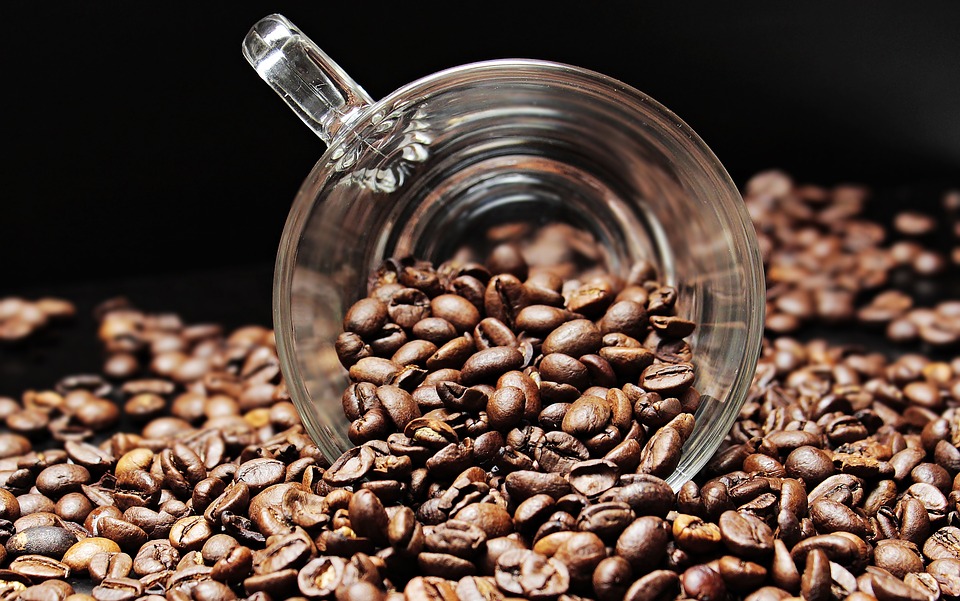
When it comes to pregnancy, many questions are asked about what you can and can’t have, especially when it comes to food and drink. One of the most popular questions asked, however, is concerned with coffee intake. Can pregnant women drink coffee? How much caffeine can you have while pregnant? Is too much caffeine bad? So, let’s find out!
How much caffeine is in coffee?
With increased levels of fatigue experienced by many pregnant women, coffee may always seem like the easy go-to in order to keep energy levels up, whether it’s to complete day-to-day tasks or manage other children and toddlers. But is it okay to drink coffee when pregnant?
Can Pregnant Women Drink Coffee?
Well, the simple answer is yes, pregnant women can drink coffee, but in small amounts over the course of the day.
Is One Coffee A Day OK When Pregnant?
Experts recommend that pregnant women take in no more than 200mg daily, approximately 2 cups of coffee.
However, it is very important to note that not all coffee is caffeinated in equal measures. Caffeine content varies on the method of production and type. Drip coffee contains the highest levels (approximately 140-240mg per 240ml/8 oz) followed by brewed and then instant.
So, as a general guideline, mothers-to-be can have two small cups of brewed coffee a day, but it is important to note other sources of caffeine contribute to this amount, such as fizzy/energy drinks and chocolate.
How Does Caffeine Affect A Foetus?
Exposure to high amount of caffeine could have the potential to unsettle their stress hormones which can lead to heart disease, diabetes, rapid weight gain and later life obesity.
How to Reduce Your Caffeine Intake When Pregnant
If you are conscious about the levels of caffeine that you consume when pregnant and want to lower these, or if you think you’ve hit your daily amount and are in search for an alternative to help satisfy your cravings, try these drinks instead:
These may not be the coffee that you know and love, but they will definitely go a long way when cravings start to kick in while giving you peace of mind that you are doing no harm to you or your baby!
*
For further information on what’s safe to eat or drink while pregnant, be sure to contact your doctor or midwife – for further advice on pregnancy cravings and how to curb them, click below!
Pregnancy Cravings Advice >
Book a Pregnancy Scan >
